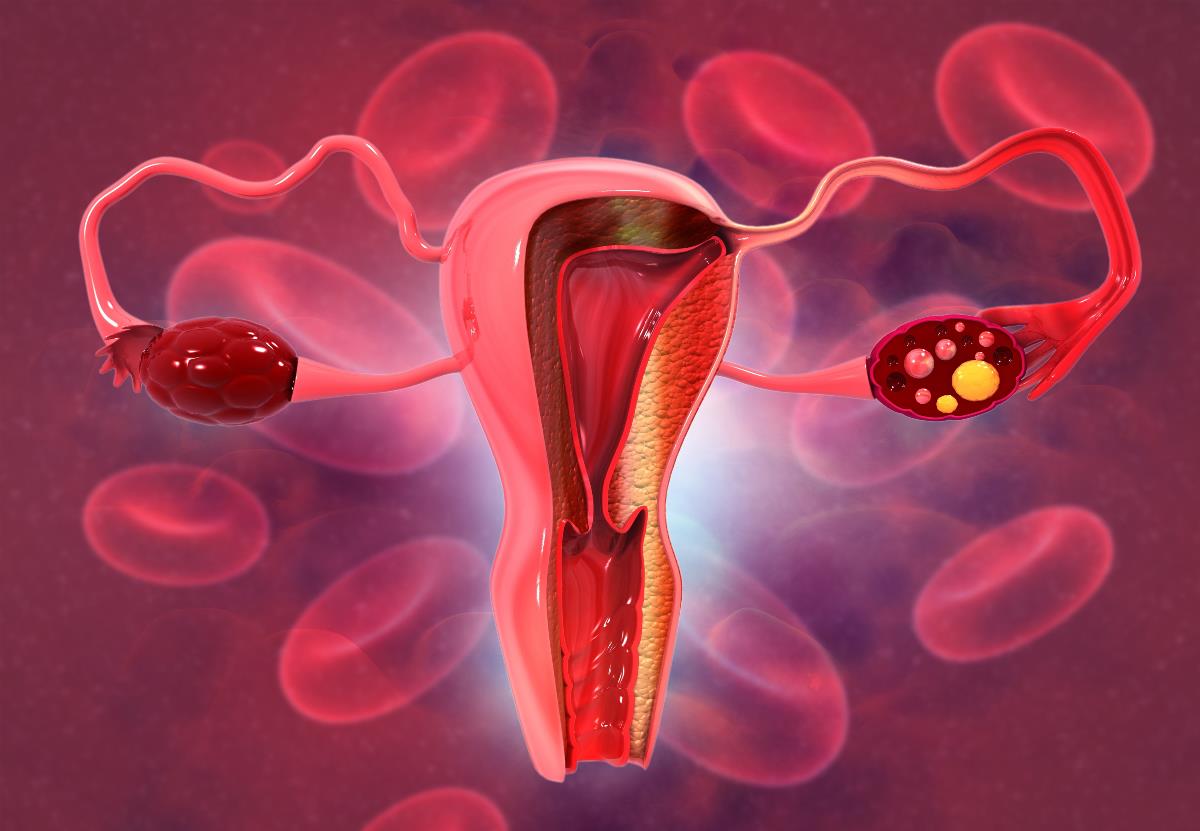This course is part of the RCOG Core Knowledge series.
Approximately 90% of women of reproductive age experience some degree of premenstrual symptoms due to the normal hormonal fluctuations that occur during the menstrual cycle. Around 20-40% of them struggle with more severe symptoms, classed as premenstrual syndrome and up to 3–8% of women experience symptoms at the extreme end of the spectrum known as premenstrual dysphoric disorder. Non-specific symptoms and overlapping presentations with other medical and mental illnesses cause a significant delay in diagnosis and treatment, contributing to substantial morbidity and social burden due to the disease. It is therefore necessary to develop knowledge of the aetiology, classification and treatment of premenstrual disorders. This course also outlines the quantification of symptoms which is essential to the understanding and appropriate diagnosis of the premenstrual disorders and to minimise confusion with underlying physiological or psychological conditions.
On completion of this course you will be able to:
- demonstrate knowledge of the up-to-date terminology and classification of premenstrual disorders
- measure premenstrual symptoms and their impact
- describe the proposed aetiological theories
- understand the rationale behind using different treatment options for managing premenstrual disorders
- counsel women with premenstrual disorders and offer appropriate treatment
Dr Deepthi Lavu MRCOG (2014, 2016, 2019)
Deepthi Lavu is an NIHR academic clinical Fellow in obstetrics and gynaecology. She undertook a Masters in Obstetrics and Gynaecology at Keele University, Stoke-on-Trent and is a co-inventor of the PreMentricS smartphone app which is currently being validated as a clinician’s aid in diagnosing premenstrual disorders. Her research interests are in relation to diagnosis and quantification of menstrual symptoms, big data and infertility. She is an editorial board member for the eLearning core knowledge tutorials, and an executive committee member of the British Society of Biopsychosocial Obstetrics and Gynaecology.
Dr Paula Briggs (2019)
Paula Briggs worked as a General Practitioner for twenty years before becoming a Consultant in sexual and reproductive health. She is an Honorary Senior Lecturer for the University of Liverpool and her research is directed to disorders of the menstrual cycle and contraception.
Professor Shaughn O’Brien FRCOG (2007, 2011, 2014, 2016, 2019)
Shaughn O’Brien is an Emeritus Professor of Obstetrics and Gynaecology at Keele University School of Medicine. His areas of specialisation and interest are in relation to disorders of the menstrual cycle and quantifying menstrual symptoms. He is a co-inventor of the PreMentricS smartphone app, which is currently being validated as a clinician’s aid in diagnosing premenstrual disorders. He is the Chairman of the International Society for Premenstrual Disorders (ISPMD) and was a previous Chairman of the British Society of Biopsychosocial Obstetrics and Gynaecology.
The content of this course relates to the following Capabilities in Practice (CiPs) and key skills:
CiP 1: Clinical skills and patient care
Relevant to all key skills
CiP 11: Non-emergency gynaecology and early pregnancy
Manages pelvic and vulval bleeding
CiP 13: Non-discrimination and inclusion
Mental and physical health associations
Further details about each CiP can be found within the O&G Core Curriculum 2024 Definitive Document, available here.
Product Details:
Product Name
Price
Premenstrual disorders - 12 Month Access
£64.80
Login to purchase
| Product Name | Price | |
| Premenstrual disorders - 12 Month Access | £64.80 | Login to purchase |

